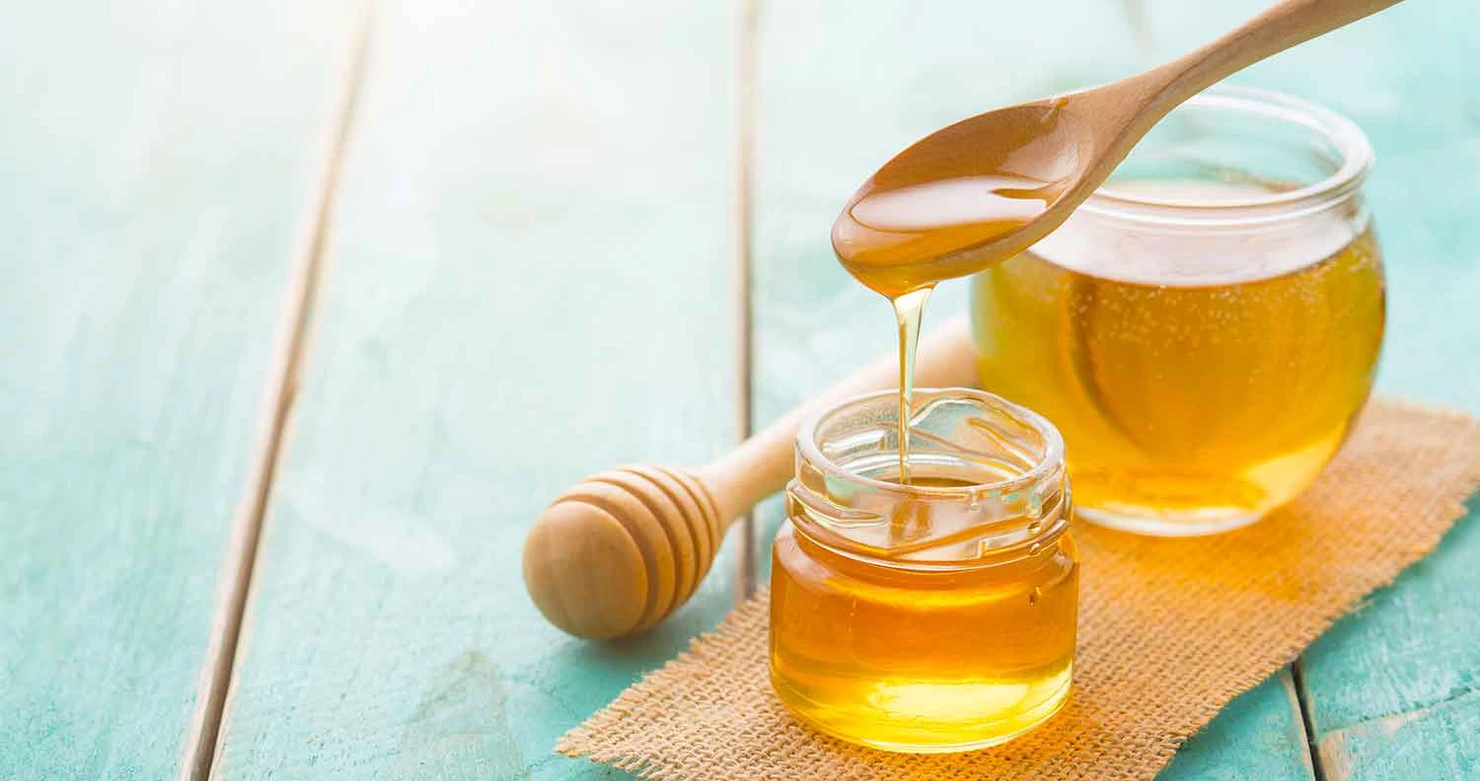Natural Remedies for Sunburn
Sunburns are the worst, right? We’ve all been there. We spend a delightful day outside, splashing in water and hanging out with friends and family. We may even apply sunblock or wear sun-blocking clothes.
Then seemingly out of nowhere a few hours later, the sunburn appears. Hot, itchy, puffy, and tight, your skin starts to rebel against you.
Sunburns are actual burns, so it makes sense that they would hurt.
While your body is fully equipped to heal these burns, by peeling the damaged skin’s top layer and allowing the regeneration of new skin to form, there are many natural remedies to soothe irritated skin and support your body in this healing and regeneration. In today’s article, we’re going to discuss four of these natural remedies!
Aloe Vera
Aloe Vera is the oldest medicinal plant known and the most applied medicinal plant worldwide (2). Aloe helps to soothe skin injuries affected by burning, skin irritations, cuts, and insect bites, and its bactericidal properties relieve itching and skin swelling (3).
When purchasing aloe, your best bet is to purchase the whole plant and obtain the gel straight from the leaves. Not only is this more affordable in the long run (as aloe is very low maintenance) but it’s also the easiest way to avoid commercial products with chemical fillers and gums. Take it from me, aloe is super hard to kill. I just put it in a planter on my back porch and water it every week or so. As long as you keep an eye on it and don’t let it get too wet or too shaded, your aloe plant should serve you for years. If you can’t grow your own aloe, make friends with someone who can.
For added benefit, you can store the aloe stalks in the freezer for an added cooling benefit. This is a heavenly hack for sure!
Honey
People have been using honey to treat wounds for hundreds of years. As a humectant, honey encourages the skin to retain moisture, which makes it a wonderful hydrating remedy for sunburns (4).
Additionally, honey has antibacterial properties, thus allowing injuries to heal without infection. Research has found that honey can protect against 80 different species of microorganisms. Honey also reduces inflammation and moisturizes the dry skin of a sunburn, soothing the pain (5).

Honey photo via Unsplash
The Herbal Academy suggests gently spreading honey over the burned area and leaving it on for 15-20 minutes. When done, rinse with cool water and reapply every few hours for further relief. I like local raw honey. In our town, you can find local raw honey on many street corners in the more rural areas. But most grocery stores carry some form of raw honey. You can also get a yummy Manuka honey like this from Amazon.
Apple Cider Vinegar (ACV)
ACV has been used as a healing agent from as far back as 400 BC, which means it has stood the test of time as nature’s very own medicine. It has strong antimicrobial and anti-inflammatory properties and is an effective remedy for soothing sunburned skin.
The healing potential of ACV can largely be traced back to a cloudy mass in it called the “mother,” which is a combination of probiotics, beneficial enzymes, and proteins formed during the fermentation process (6). Always be sure to purchase organic, unfiltered ACV “with the mother”. You can easily find Bragg’s or another brand of ACV at almost every grocery store, including Walmart.
To utilize ACV for sunburn relief: mix equal parts of ACV and cool water, and gently massage this solution all over the sunburnt skin several times a day for a week or until your condition improves. You can also pour 1–2 cups of ACV into your lukewarm bathwater, and soak in it for about half an hour every day or as needed (7).
Hydration
While we all know hydration is important, it’s a simple remedy we often overlook! A sunburn draws fluid to the skin’s surface and away from the rest of the body (8). Drinking extra water when you are sunburned not only helps prevent dehydration but supports your body’s ability to heal and repair.
In addition to high-quality filtered water, you can hydrate with beverages like coconut water, herbal teas, and bone broth. It’s also important to reduce or eliminate your intake of diuretics like coffee, tea, soda, energy drinks, and juice.
You can also support your body’s hydration status by consuming water-rich foods, like watermelon, cucumber, lettuces, and celery, to name a few. Watermelon for sunburn? Yes please!
Whether you choose aloe vera, honey, ACV, hydration, or all 4 of these natural remedies, you’ll be supporting your body and bolstering its healing capabilities. If possible, avoid sunburn altogether by regularly applying a safe, non-toxic sunscreen and avoiding the sun at peak hours.
SOURCES





